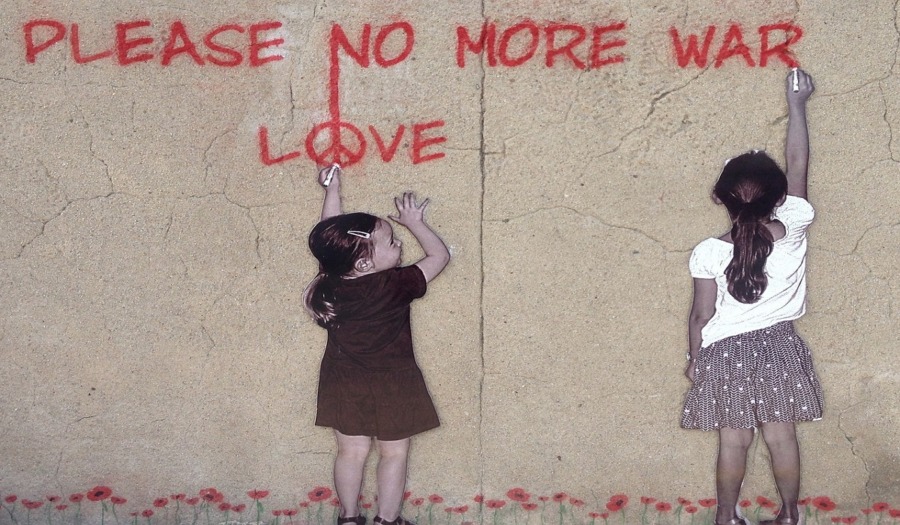The Hubris of Democratic Superiority: A Double Standard of Forceful Imposition
- Naomi Dela Cruz
- Trending
- World News
- August 2, 2023

In a world teeming with ruthless dictators who have caused immense suffering to their citizens, the actions of Western and European societies and democracies have come under scrutiny. While the need for democratic values is evident, the imposition of such views on countries with different political systems raises questions about sovereignty, political ethics, and the consequences of intervention. Too often, the philosophical aspects of the destruction caused by the pursuit of democracy fail to focus on the impact on less privileged nations.
Political systems are not inherently right or wrong; they are shaped by a society’s history, culture, and values. Attempting to impose a particular political system on a nation with different traditions and norms may lead to resistance and conflict. Respect for sovereignty means acknowledging that different countries may adopt varying forms of governance, which can be functional within their unique contexts.
The belief that one form of government is inherently superior to another stems from hubris. No political system is perfect, and democracies are not immune to brutal acts. The flaws in Western and European societies demonstrate that freely elected leaders can commit atrocities against their citizens. It is essential to avoid absolutist comparisons and recognize that each system has strengths and weaknesses.
When democratic nations intervene in other countries, there is often tension between the desire to promote freedom and protect human rights and the unforeseen consequences that follow. Countries like Libya have witnessed devastating destruction in pursuing liberation and peace due to foreign intervention, leaving them further dependent on aid from an oil-rich nation. The impact of bombings and power vacuums has shattered social structures, creating complex challenges for recovery.
A question arises about whether Western and European nations would accept a similar intervention in their governance. The imposition of democratic ideals on other societies while refusing such interference in their systems reflects a double standard. This raises concerns about the true motivation behind foreign interventions and the genuine desire for democracy versus geopolitical interests.
Unilateral actions by powerful nations disregard the sovereignty of other states and fail to consider the broader complexities and cultural differences that shape a nation’s political landscape. Instead of imposing democratic views, collaboration and dialogue with local actors may lead to more sustainable outcomes.
Rather than forceful interventions, diplomatic engagement and mutual understanding can foster change. Western and European powers must consider other nations’ diverse aspirations and work towards empowering local voices and institutions.
Political systems are complex and context-dependent, making it inappropriate to assert one form of governance as universally superior. The pursuit of democracy must be accompanied by genuine respect for sovereignty and cultural differences, avoiding the imposition of foreign ideals. Respectful engagement, collaboration and a commitment to empowering local voices can lead to more positive and sustainable outcomes. Only by acknowledging these complexities can we hope to create a world where democracy and freedom are truly valued without leaving the poor suffering and dependent on aid.








